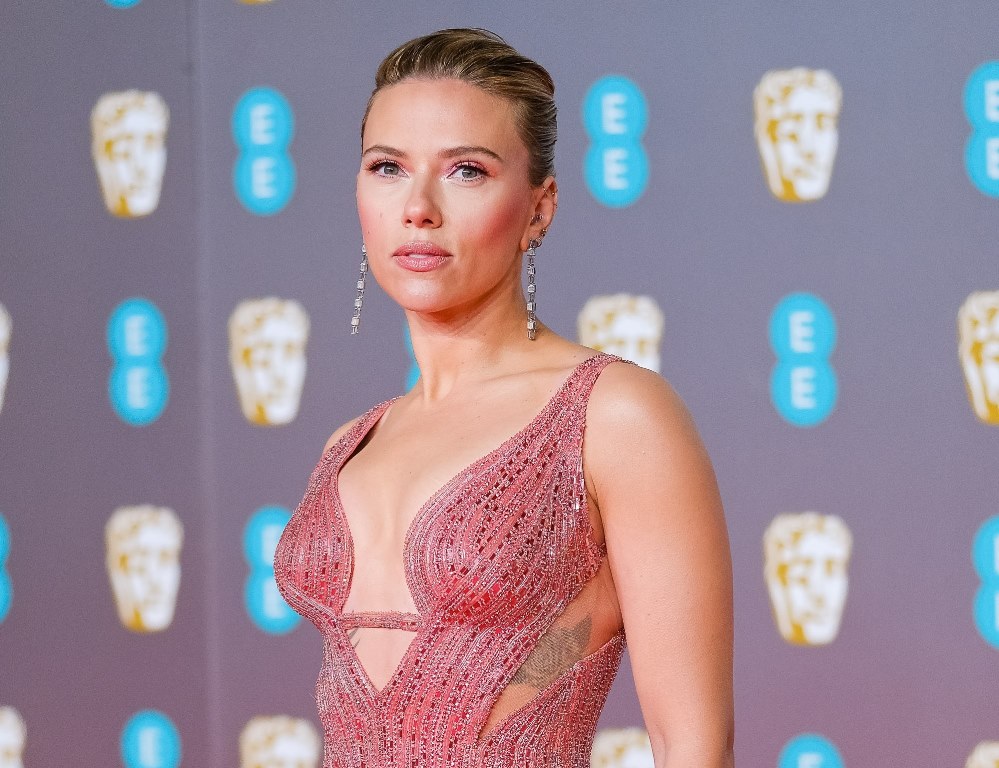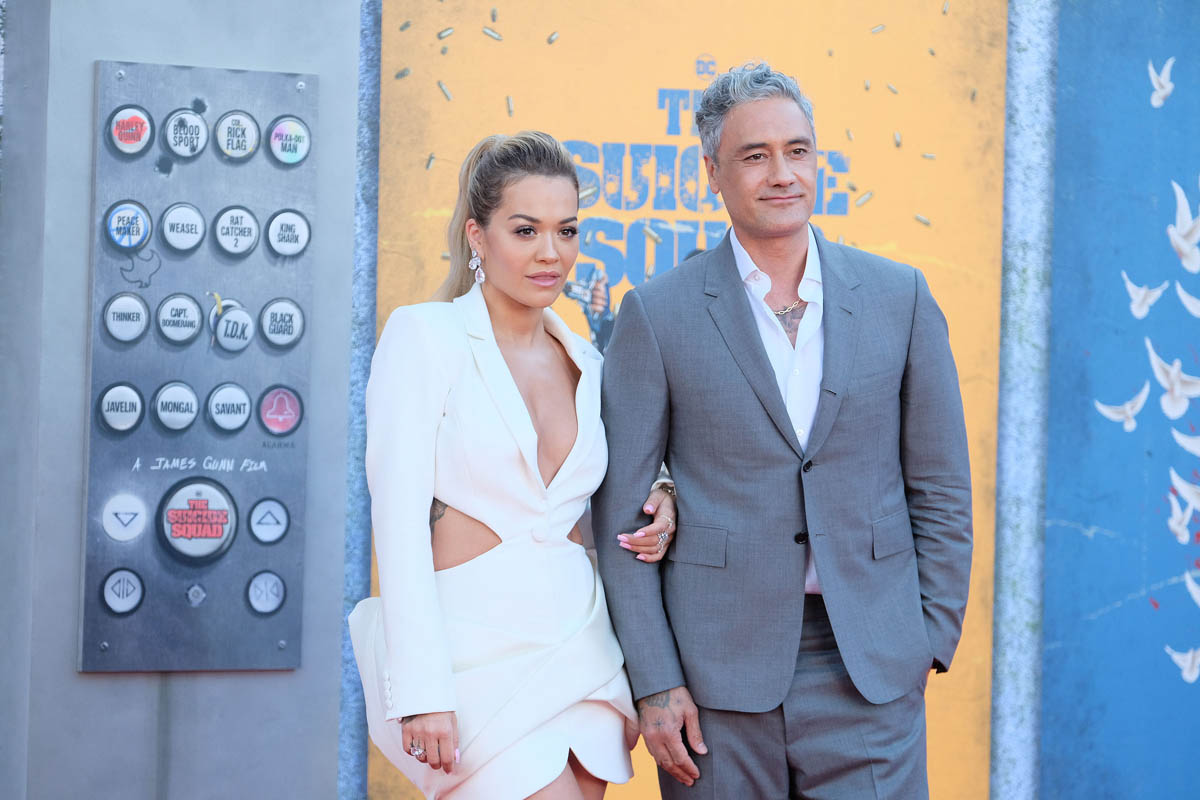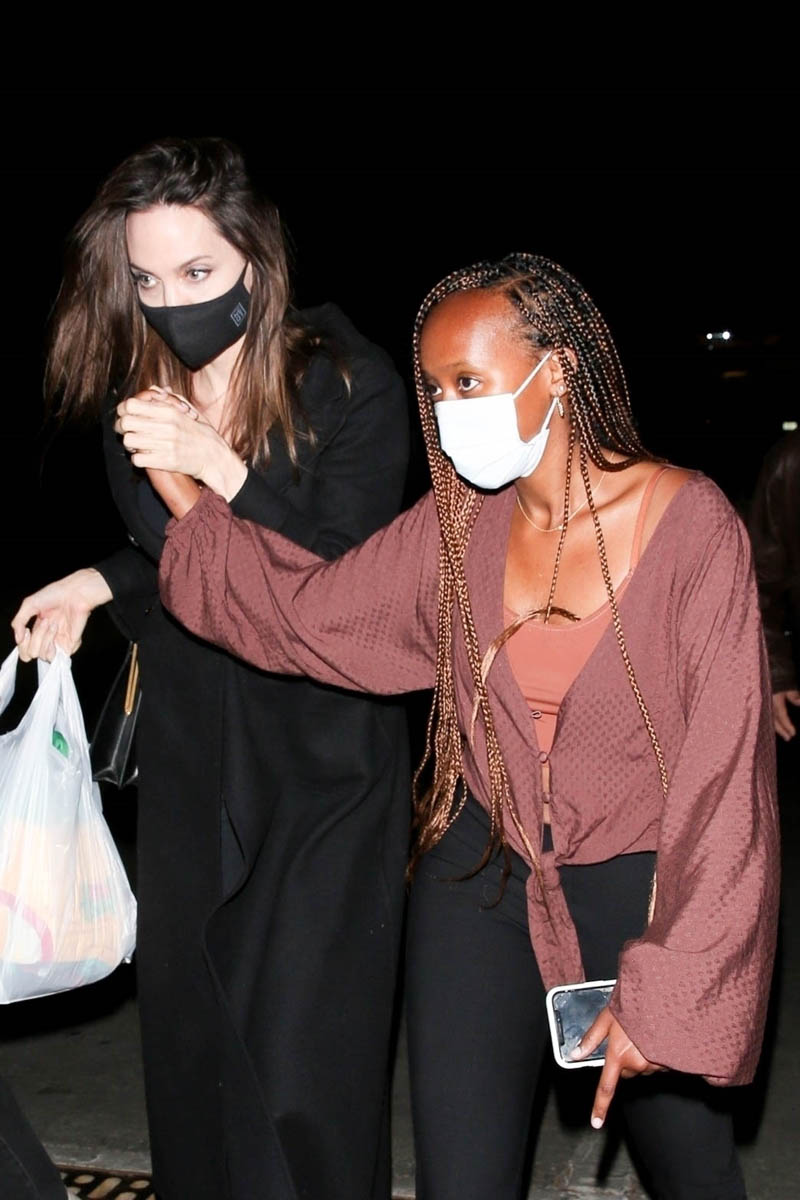Scarlett Johansson v Disney: Hollywood’s next labor battle



Last Thursday, Scarlett Johansson dropped a bombshell lawsuit on Disney, alleging breach of contract. The suit claims that Johansson had a theatrical-exclusive guarantee in her contract for Black Widow—which would not be unusual for an actor of her stature—and that by putting Black Widow on Disney+ day-and-date with the theatrical release, Disney not only violated her contract, but they reduced her overall compensation because her deal was structured to include back-end profit participation (probably in the form of benchmark bonuses, again, another standard for top-tier talent), as putting the movie on streaming cuts into ticket sales. Disney then fired back with an uncharacteristically classless response that amounts to: sit down and shut up, you already got paid $20 million, and won’t you think of all the suffering in this pandemic, you ungrateful bitch. Johansson’s agent, Bryan Lourd, father of Billie and co-chair of uber-powerful CAA, responded in defense of his client, pointing out that Disney is essentially self-dealing with Disney+, a revenue stream that is not currently factored into talent contracts. There is a LOT going on here, let’s break it down.
First, I don’t give a sh-t if you don’t like Scarlett Johansson, or Black Widow, or Marvel movies in general. This is a MUCH bigger issue than any one person, or movie, or studio. This is, at heart, a labor issue. Johansson happens to have the time and money to fight the first major battle, but make no mistake, this fight was ALWAYS coming. A lawsuit like this was probably inevitable, and we will likely see more suits over the next few years (indeed, Emma Stone is reportedly considering it, and John Krasinski, Emily Blunt, and other stakeholders in A Quiet Place Part II are dealing with Paramount over revenue potentially lost by an early move to streaming on Paramount+). I understand the frustration of hearing stories about millionaires going after more millions in court, and there is a valid conversation to be had about wealth disparity and actor salaries, but this is not where we have that conversation. This. Is. A. Labor. Issue. Like her or not, Scarlett Johansson is the labor, and Disney is the management.
Next, how valid is Johansson’s claim? Obviously, none of us have read her contract, but I find it hard to believe her lawyers would file suit at all if they didn’t think they had something to go on. Further, the complaint included emails with Marvel’s chief counsel from March 2019, long before COVID was even a thing, which indicates an understanding that Johansson’s contract was for a theatrical release, and that “should the plan change, we would need to discuss this with you and come to an understanding as the deal is based on a series of (very large) box office bonuses.” This sounds like there was some discussion of Black Widow going to streaming even before there were pandemic-led issues. Further, when a simultaneous streaming release solidified, Johansson’s team attempted to renegotiate her compensation but were “rebuffed”. Apparently, Disney just didn’t reply.
I asked a transactional attorney who works for a large production company and has written contracts for actors comparable to Scarlett Johansson for her opinion on this matter, and she said that, acknowledging she has no affiliation with Disney, Marvel, or Johansson, and that she has not seen the contract in question, this is the part of the case with the strongest grounding. The 2019 email indicates an understanding that Johansson’s compensation was structured on the assumption of exclusive box office receipts, and Marvel knew if the release plan changed, they would need to renegotiate those terms. The problem is, the contract is with Marvel, not Disney itself. The question then becomes, what does Disney owe its subsidiary? This is murkier water simply because no one has yet determined how these streaming revenues benefit talent, and at what point, legally, a distributor moving a film to its own streaming platform becomes self-dealing. This is a big legal question that will have much broader implications than just Johansson’s individual suit. And it is not unfamiliar ground for Disney, who has been using the cover provided by “we didn’t write that contract” to (allegedly) withhold royalties from authors of novels tying into Fox’s Alien franchise and Lucasfilm’s Star Wars franchise. Disney’s stance seems to be, “we didn’t write that contract, therefore, we are not beholden to it”. Johansson’s lawsuit might determine that once and for all.
Where the case is weaker is in claiming that Disney should have further delayed the release of Black Widow. The attorney I spoke to thinks this trends into force majeure territory and making an argument that they should have waited for a more robust market becomes a kind of guessing game where no one really knows what would happen. The suit claims Johansson was projected to make around $50 million from a traditional, in-good-times, theater-only release, but that is a projection. No one really knows what would have happened. I, for one, never thought Black Widow was a billion-dollar movie. It’s possible even under ideal circumstances, Johansson would have fallen short of the projected bonuses. The attorney is of the opinion Johansson is better off sticking to the Marvel email and the point that Disney is self-dealing and forced a breach of her contract. However, she also thinks the initial complaint could be intentionally “overwritten” simply to give the attorneys plenty of room to maneuver.
As for Disney’s asinine response, I was shocked by it because it’s so incendiary and, yes, intentionally misogynistic. The whole point of Disney’s statement is to turn people against Johansson because damn, isn’t she rich enough? And isn’t this pandemic terrible, and aren’t you all suffering, and isn’t she The Worst for trying to get more millions at a time like this? Never mind that Disney’s concern for the suffering of the masses In These Trying Times has not even once extended to their own employees, who they laid off by the tens of thousands last year, and suspended pay for even more, and forced the remaining theme park employees back into precarious contact with the public. What was that again about the “callous disregard for the horrific and prolonged global effects” of the pandemic? Apropos of nothing, Zenia Mucha, Disney’s long-time PR chief, is on her way out the door. She has a lot to do with Disney’s image as a drama-free company, and though she has a reputation for ruthless image maintenance, it’s hard to see this tactless statement coming from her people. One wonders if this kind of turbulence might become more common now that Bob Iger and his top lieutenants, like Mucha, are gone/leaving.
This is all just so AVOIDABLE. Warner Brothers already showed the way to handle these hybrid streaming releases with pre-streaming contracts. They paid out over $10 million a piece to Gal Gadot and Patty Jenkins for Wonder Woman 1984 to satisfy the kind of back-end profit-sharing Johansson is targeting in her suit. After deciding to dump their whole 2021 slate onto HBO Max, they have paid hundreds of millions more to satisfy their creative partners with these types of deals. All Disney had to do was lob some money at Johansson and there is no problem, no public lawsuit, no potential falling out with a star who has not only been part of their most successful franchise, but is set to produce more movies for them in the future. There was no need to burn this bridge! Perhaps they think the “we didn’t write it, it’s not OUR contract” is solid enough to withstand suit, but…it’s probably not. They’re the parent company, the buck stops with them. Further, Marvel is making these deals with the understanding that Disney, who distributes their films, will honor them. Rumor has it, Kevin Feige is Very Unhappy with this situation, as well he should be. Disney is jeopardizing HIS creative partnerships. Who’s going to want to work with Marvel if they think Disney can just undermine their contracts at any time?
These back-end deals can be WILDLY lucrative—RDJ, for instance, made one fortune on his exorbitant salaries, and an entire second fortune from his back-end bonuses—but even day players get residuals, and those residuals depend on the long afterlife films have on secondary and tertiary outlets like rental/VOD and television syndication. With streaming, though, there is no afterlife. There is just the stream. Residuals are being GUTTED in the streaming era, and so far, nothing has come along to replace that loss of revenue. Sure, for someone like Johansson it’s just more millions on top of the millions she already has. But for gigging actors, those residuals can be the difference between making rent or not. Residuals are meant to keep actors afloat between jobs, and no one knows what the landscape looks like without them.
The question of streaming and self-dealing is so much bigger than any one actor’s contract, and this will be an ugly fight, there is just SO much money at stake. The fight came first to the writers’ room and it has now arrived at the cast trailers. The next stop is the crew tent. EVERYONE is going to be fighting for their piece of a shrinking pie as streaming digs into the back-end payments that shored up compensation packages for decades. There are a lot of reasons to dislike Scarlett Johansson, but in the question of labor versus management, always side with labor. And if you are, for some unfathomable reason, on the side of management, I invite you to listen to some Woody Guthrie and fix your heart on the side of labor, because management is certainly never on your side.

